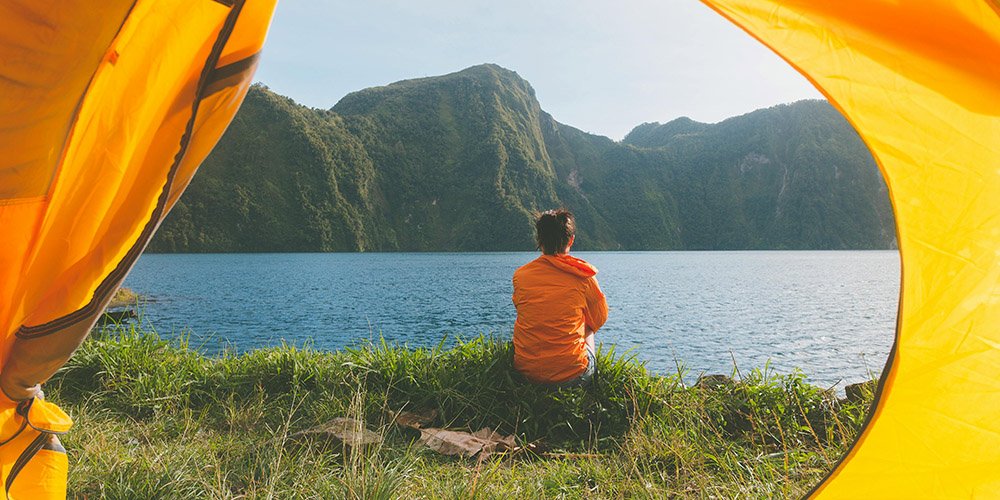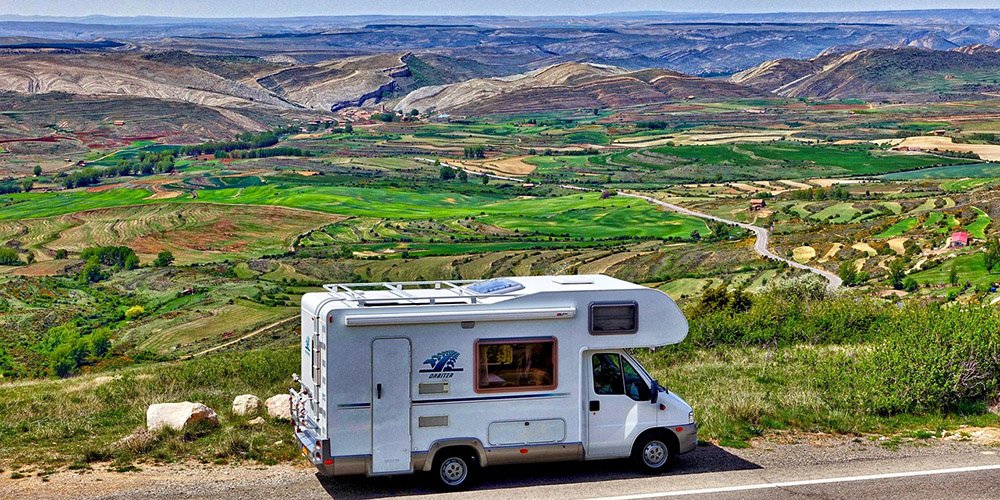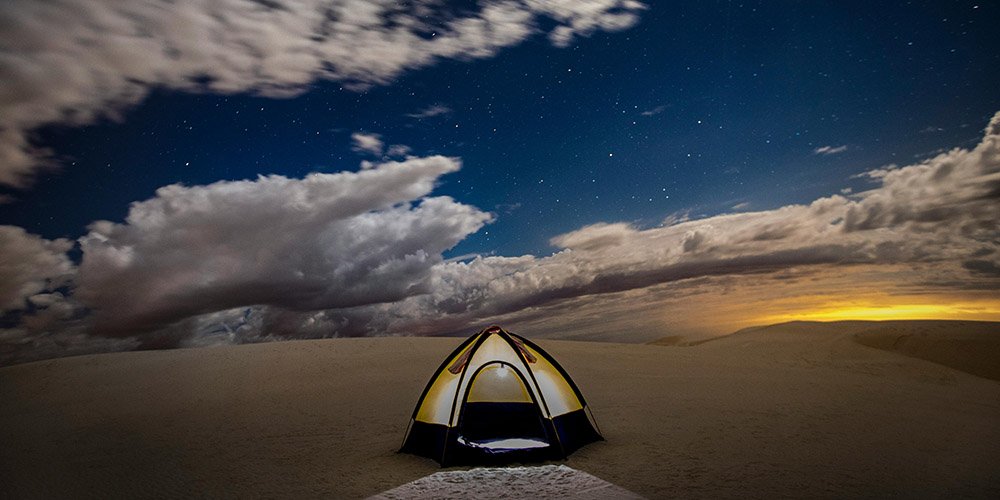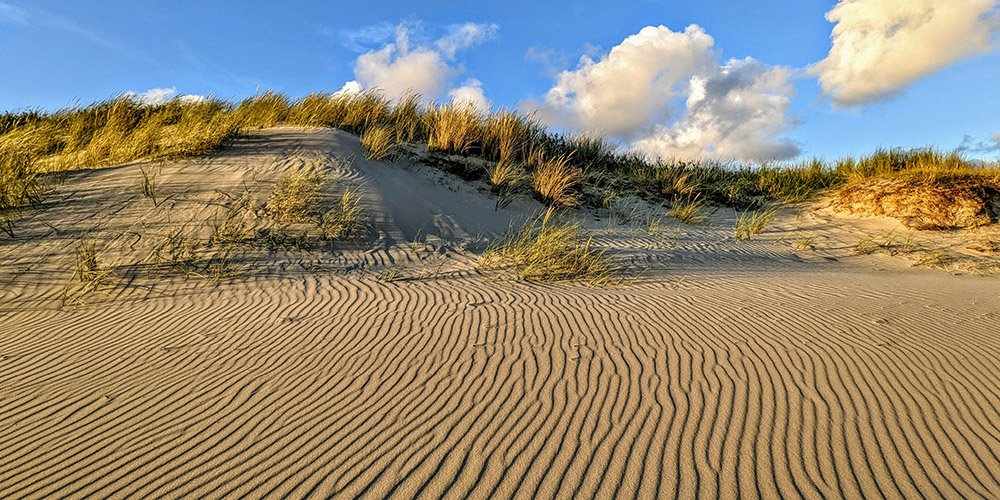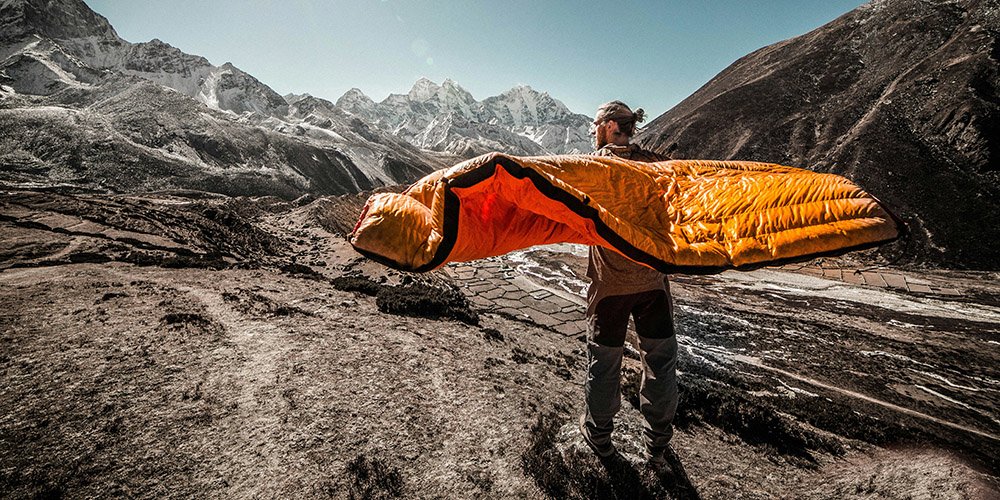10 Health Benefits of Camping: Why Camping is Good for You
Camping has become a beloved pastime for many, offering a perfect escape from the hustle and bustle of daily life. From the serene beauty of nature to the thrill of outdoor adventures, camping provides a unique blend of relaxation and excitement. But beyond the enjoyment, camping offers a plethora of health benefits that can significantly enhance your well-being.
In this article, we’ll explore the top ten health benefits of camping, backed by scientific research and expert opinions. Whether you’re a seasoned camper or new to the outdoors, these insights will highlight why camping is a fantastic choice for your health.
1. Improved Physical Health
Camping inherently involves physical activities such as hiking, setting up tents, and exploring the wilderness. These activities are not only enjoyable but also contribute to better physical health. Engaging in regular physical exercise can significantly improve cardiovascular health, build strength, and enhance endurance.
According to the Centers for Disease Control and Prevention (CDC), physical activity reduces the risk of chronic diseases, including cardiovascular disease, diabetes, and cancer. Unfortunately, only one in four U.S. adults meets the physical activity guidelines, which include at least 150 minutes of moderate-intensity aerobic activity per week. Camping provides a fun and effective way to meet these guidelines and improve overall fitness.
2. Enhanced Mental Well-being
The mental health benefits of spending time in nature are well-documented. Camping, in particular, offers a powerful antidote to the stresses of modern life. The tranquility of natural settings can significantly reduce stress and anxiety levels, promoting a sense of calm and relaxation.
Studies have shown that exposure to green spaces can lower the risk of depression and improve focus and attention. According to the U.S. Forest Service, being in nature helps restore and strengthen our mental capacities, increasing our ability to concentrate and perform cognitive tasks. Additionally, physical activity, such as hiking and exploring, has been shown to reduce symptoms of anxiety and depression.
The combination of physical activity and immersion in nature makes camping an excellent choice for enhancing mental well-being. Whether you’re sitting by a campfire, sharing jokes and puns with your buddies, listening to the sounds of the forest, or gazing at the stars, the experience can rejuvenate your mind and spirit.

3. Increased Vitamin D Intake
One of the often-overlooked benefits of camping is the increased exposure to sunlight, which is essential for the production of vitamin D. This vital nutrient plays a crucial role in maintaining bone health, supporting the immune system, and reducing inflammation. Vitamin D is synthesized in the skin upon exposure to UVB rays from the sun, making outdoor activities like camping an excellent way to boost your levels naturally.
Adequate vitamin D levels are associated with a lower risk of osteoporosis, improved immune function, and a reduced risk of chronic diseases such as cardiovascular disease and certain cancers. Spending time outdoors while camping ensures you get enough sunlight to maintain these health benefits, contributing to overall well-being.
4. Strengthened Family Bonds
Camping is a unique opportunity for families to bond and create lasting memories. The absence of modern distractions like smartphones and televisions allows families to focus on each other and engage in meaningful interactions. Activities such as cooking meals together over a campfire, telling stories under the stars, and playing group games foster communication and cooperation.
Research has shown that spending quality time together in outdoor settings can strengthen family relationships and improve mental health. Shared experiences in nature help build trust, enhance communication, and create a sense of unity among family members. These bonds can lead to better emotional health and a stronger support system within the family.
5. Enhanced Problem-solving Skills
Camping often presents challenges that require creative solutions, such as setting up tents, finding firewood, navigating unfamiliar terrain, or dealing with the rain. These activities encourage resourcefulness and adaptability, enhancing problem-solving skills.
Facing and overcoming these challenges can boost confidence and resilience. Studies suggest that outdoor activities improve cognitive functions, including problem-solving and critical thinking skills. Learning to adapt to new situations and solve problems in a natural setting can translate to better coping mechanisms and decision-making abilities in everyday life.

6. Increased Exposure to Nature
Spending time in natural environments has profound effects on both mood and cognitive function. Immersing oneself in nature can lead to improved mood, reduced stress, and enhanced mental clarity. This concept is supported by the practice of “forest bathing,” or Shinrin-yoku, which originated in Japan. Forest bathing involves spending time in a forested area, engaging all senses to take in the natural surroundings.
Research has shown that forest bathing can lower blood pressure, reduce levels of the stress hormone cortisol, and improve concentration and memory. The natural environment provides a tranquil setting that helps to rejuvenate the mind, making camping an excellent way to reap these mental health benefits.
7. Detox from Technology
One of the significant advantages of camping is the opportunity to disconnect from digital devices. In our modern world, we are constantly bombarded with notifications, emails, and social media updates, which can contribute to stress and anxiety. Camping provides a much-needed break from this digital overload, allowing individuals to reconnect with nature and themselves.
Studies have found that taking a break from technology can lead to improved focus, increased creativity, and reduced stress levels. By stepping away from screens and spending time in nature, campers can experience a sense of freedom and mental clarity that is difficult to achieve in our tech-driven lives.
8. Boosted Immune System
Camping and other outdoor activities expose individuals to different environments, which can help strengthen the immune system. Physical activities such as hiking, swimming, and exploring new areas boost physical health and enhance the body’s ability to fight off illnesses.
Exposure to natural elements and varying microbiomes found in outdoor environments can enhance immune function. Studies have shown that spending time outdoors can improve the body’s immune response, reducing the risk of various infections and diseases. The combination of physical activity and exposure to nature makes camping a powerful way to boost overall health and resilience.

9. Better Sleep Patterns
One of the remarkable benefits of camping is its positive impact on sleep patterns. Being immersed in natural light and darkness cycles can significantly improve sleep quality. Natural sunlight helps regulate the body’s internal clock, known as the circadian rhythm, which controls sleep-wake cycles. Exposure to natural light during the day promotes alertness, while the darkness at night signals the body to produce melatonin, a hormone that induces sleep.
Additionally, camping often involves being away from screens and artificial lights, which can interfere with sleep by disrupting the production of melatonin. Research indicates that people who spend time outdoors and away from electronic devices experience better sleep quality and wake up feeling more refreshed. By aligning with nature’s light-dark cycle, camping can help reset your internal clock and improve overall sleep health.
10. Opportunities for Mindfulness and Relaxation
Nature provides an ideal setting for mindfulness and relaxation, which are essential for mental well-being. Camping offers a unique opportunity to engage in mindfulness practices such as meditation, deep breathing, and simply being present in the moment. These activities help reduce stress, lower blood pressure, and improve mental clarity.
Statistics show that nature-based activities can significantly enhance mental health and well-being. For example, studies have found that spending time in nature and engaging in mindfulness practices can reduce symptoms of anxiety and depression, improve mood, and boost overall psychological health. Whether it’s through quiet reflection by a lake or mindful walking in the forest, camping allows individuals to connect with nature and themselves in a meaningful way.
Final Thoughts
Camping offers numerous health benefits that contribute to overall well-being. From improved physical health and enhanced mental well-being to better sleep patterns and opportunities for mindfulness, camping is a holistic approach to health. The exposure to natural environments, the break from technology, and the physical activities involved all play a crucial role in enhancing both physical and mental health.
We encourage you to embrace the great outdoors and experience these benefits firsthand. Plan your next camping trip with QAOU Outdoor’s tips and recommendations, and discover the transformative power of nature. Happy camping!


